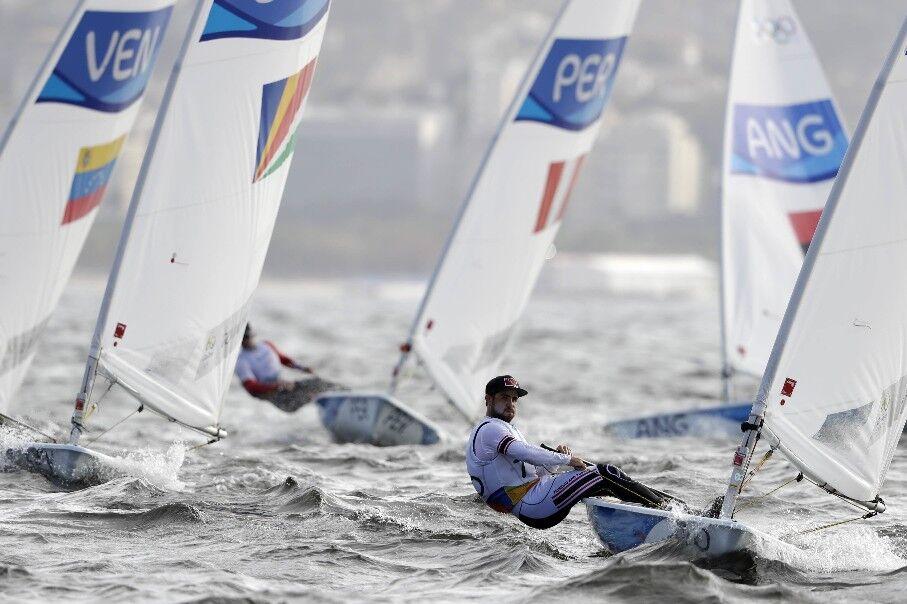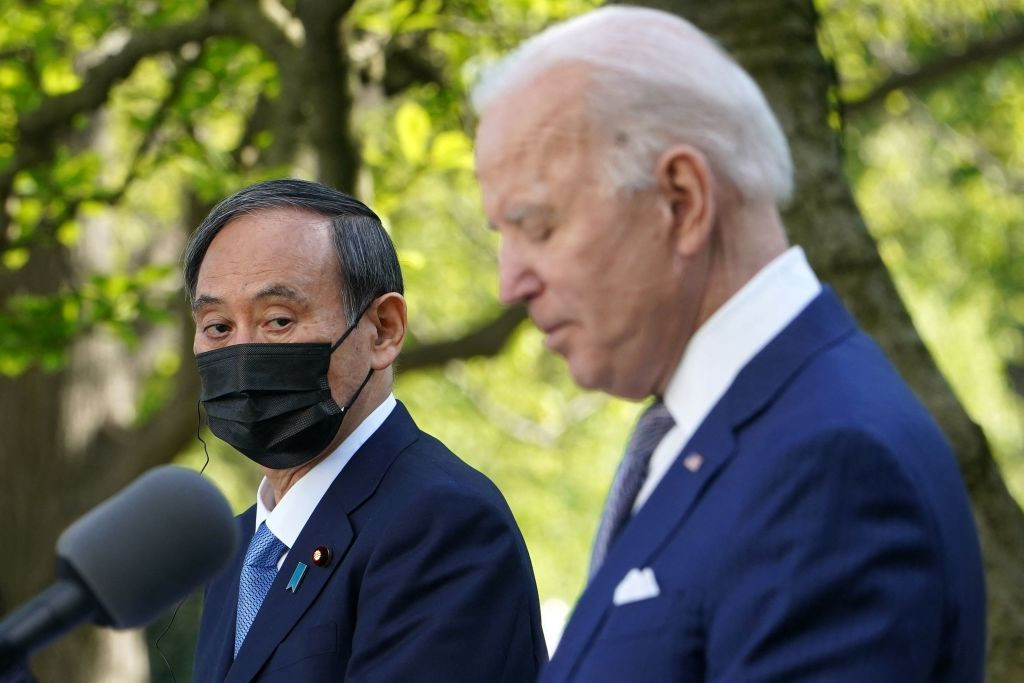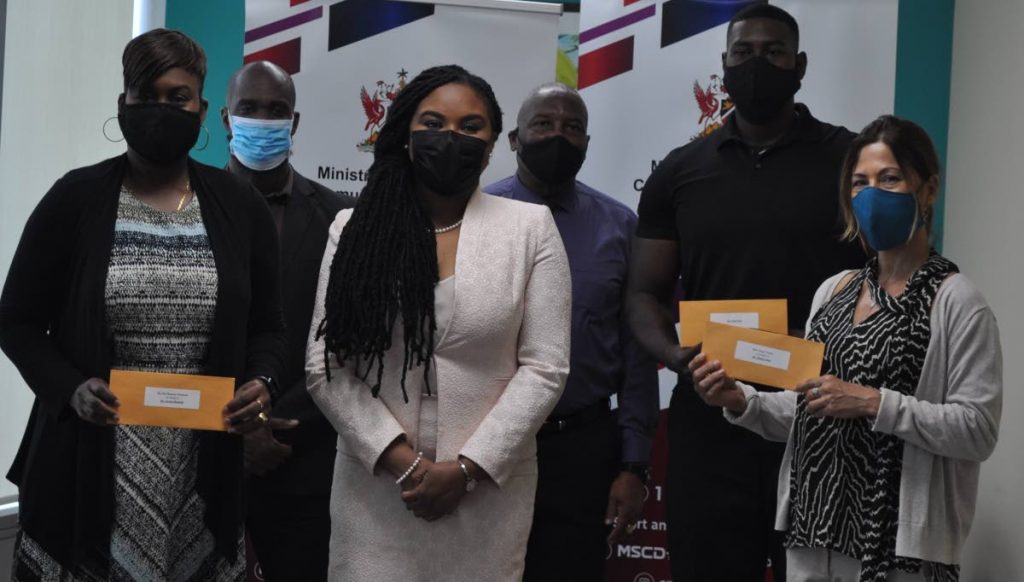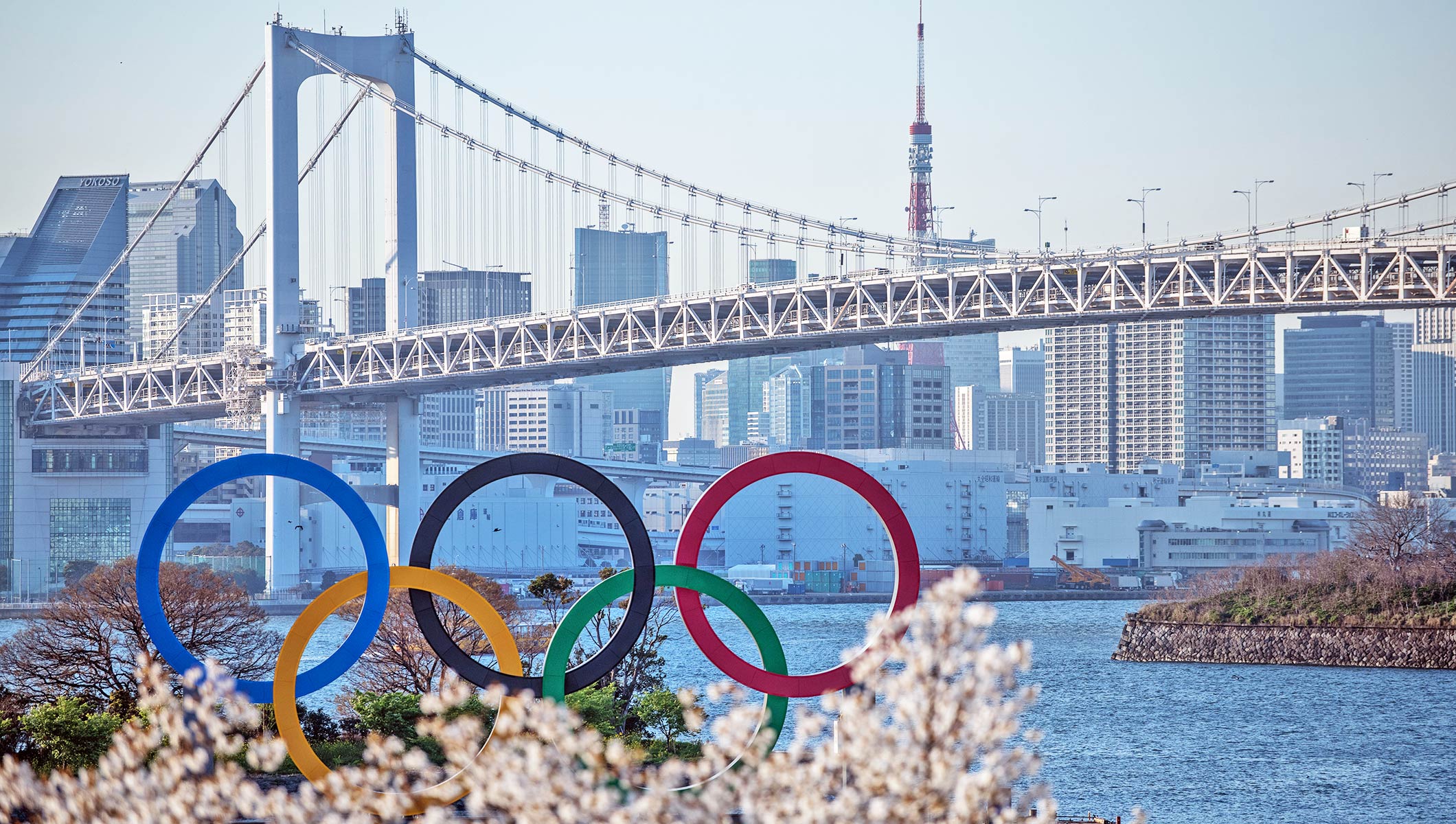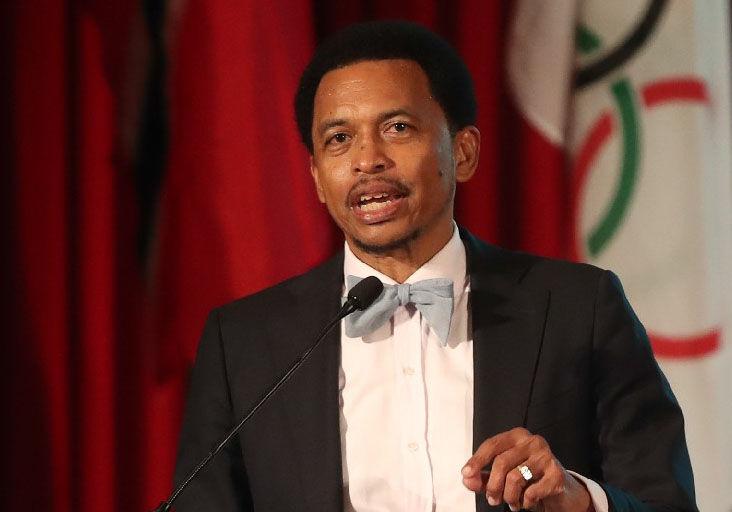T&T Olympians more focused on preparation, performance as clock ticks down
With authorities in Tokyo reeling from new record surges in Covid-19 cases, T&T Olympians are taking differing approaches to their respective preparations for the July 23-August 8 Olympic Games.
Currently, Japan is experiencing a third spike leading to the enactment of a third state of emergency in four...

